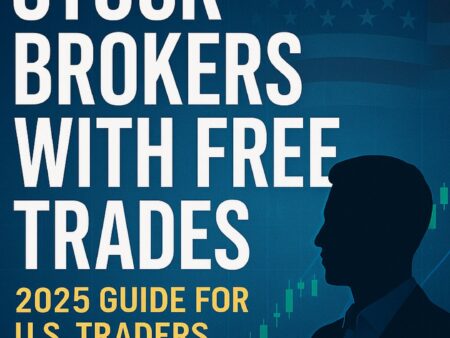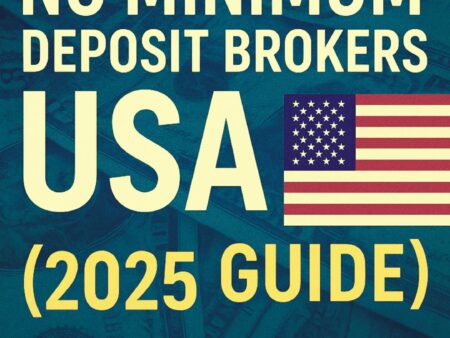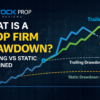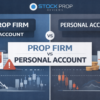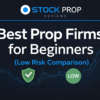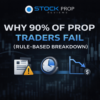Finding a reliable and low-cost broker is a top priority for traders and investors alike. In today’s competitive landscape, discount brokers are making it easier than ever to enter the financial markets without breaking the bank. Whether you’re a beginner learning the ropes or an intermediate trader optimizing your costs, choosing the best discount broker in the US can have a big impact on your trading success.
In this comprehensive guide, we’ll cover the top discount brokers in the United States for 2025. You’ll learn what makes each broker stand out, compare fees and platforms, and discover which one fits your goals. We’ll also highlight an alternative for traders with limited capital—prop firms like TradeThePool.
What Is a Discount Broker?
A discount broker is a brokerage firm that offers low-fee or commission-free trading services while eliminating the full-service investment advisory model. These brokers focus on providing essential trading tools, platforms, and market access, without charging high commissions or requiring large deposits.
Key Features of Discount Brokers:
- Low or zero trading commissions
- Easy-to-use platforms
- Self-directed trading
- Access to a wide range of assets (stocks, ETFs, options)
- Lower account minimums
Why Choose a Discount Broker?
Discount brokers are ideal for traders and investors who:
- Want to minimize trading fees
- Prefer managing their own portfolios
- Don’t need personalized investment advice
- Trade frequently and care about execution speed
In 2025, the best discount brokers in the US are offering powerful platforms with competitive pricing, making them attractive even for advanced users.
Top Discount Brokers in the US (2025)
| Broker | Stock/ETF Commissions | Options (per contract) | Account Minimum | Best For |
|---|---|---|---|---|
| Robinhood | $0 | $0 (w/ Gold plan) | $0 | Beginners, mobile traders |
| Webull | $0 | $0.55 | $0 | Active traders, charting tools |
| Charles Schwab | $0 | $0.65 | $0 | Retirement & ETFs |
| TD Ameritrade | $0 | $0.65 | $0 | Education & active trading |
| Fidelity | $0 | $0.65 | $0 | Long-term investors |
| Interactive Brokers | $0 (IBKR Lite) | $0.65 | $0 | Global traders, low margin rates |
1. Robinhood
Best For: Simple, mobile-first trading
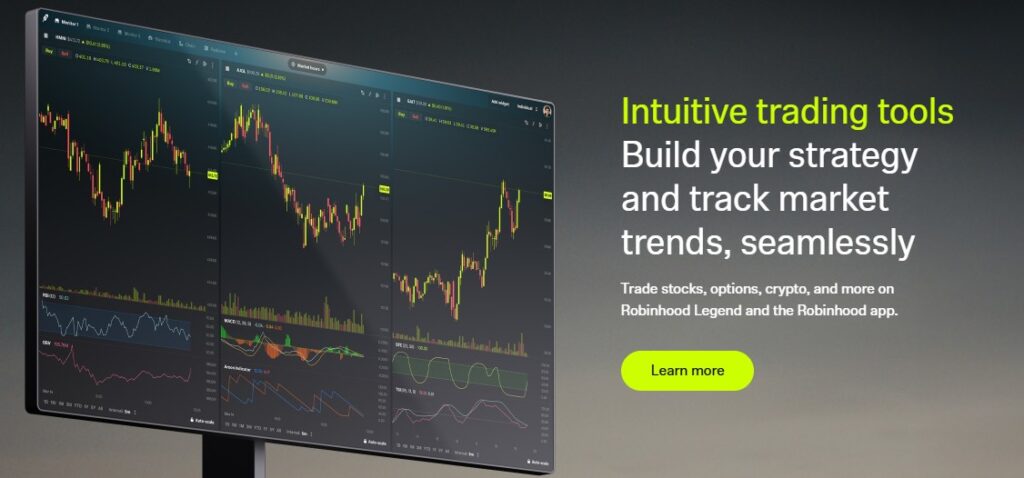
Pros:
- $0 commission on stocks, ETFs, options, and crypto
- User-friendly mobile and web platform
- No account minimum
- Instant deposit and easy onboarding
Cons:
- Limited advanced tools
- No retirement accounts (IRAs)
- Past regulatory issues
Robinhood remains one of the most popular discount brokers for casual traders and newcomers who want a fast, modern trading experience.
2. Webull
Best For: Active traders who want technical tools

Pros:
- Zero commissions on stocks and ETFs
- Advanced charting and indicators
- Extended-hours trading
- No account minimum
Cons:
- Limited investment products
- No mutual funds or bonds
Webull is a powerful trading app for tech-savvy users who rely on charting and data analysis to make trading decisions. It’s ideal for short-term and swing traders.
3. Charles Schwab
Best For: Investors seeking a hybrid of discount pricing and full-service resources

Pros:
- $0 commissions on stocks and ETFs
- Schwab Stock Slices (fractional shares)
- Broad educational content
- Robo-advisory services available
Cons:
- Website and platform interface may feel dated
Charles Schwab combines low-cost trading with a trusted reputation and strong retirement planning tools. It’s a great choice for beginners and long-term investors.
4. TD Ameritrade
Best For: Traders seeking advanced platforms and market education
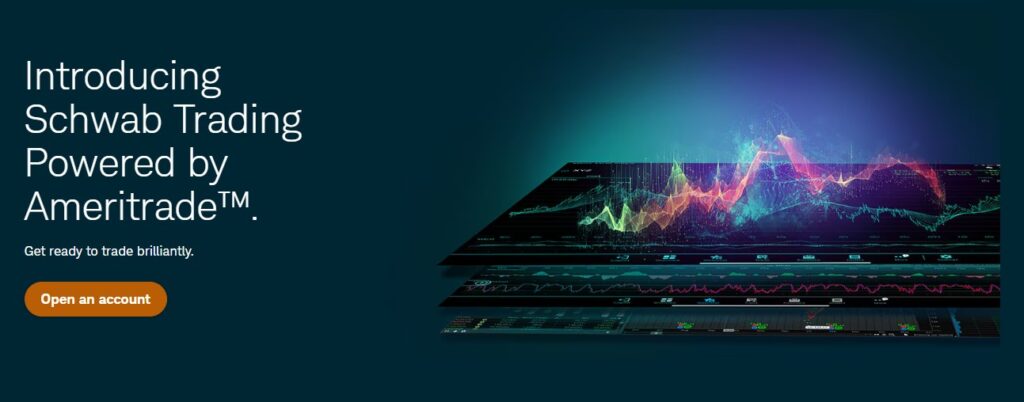
Pros:
- Commission-free trading on stocks/ETFs
- Thinkorswim platform for charting and options
- Excellent educational materials
- Paper trading account
Cons:
- Advanced tools may overwhelm some beginners
Even after its acquisition by Schwab, TD Ameritrade remains a favorite for discount brokerage clients due to its premium tools and robust learning resources.
5. Fidelity
Best For: Long-term investors who want low fees and trusted service

Pros:
- $0 commissions on stocks and ETFs
- Fractional shares available
- Strong research and portfolio tools
- Excellent customer support
Cons:
- Less suitable for day trading
Fidelity offers a great blend of affordability and long-term planning features, making it a top choice among low commission brokers.
6. Interactive Brokers (IBKR Lite)
Best For: Professional and global traders
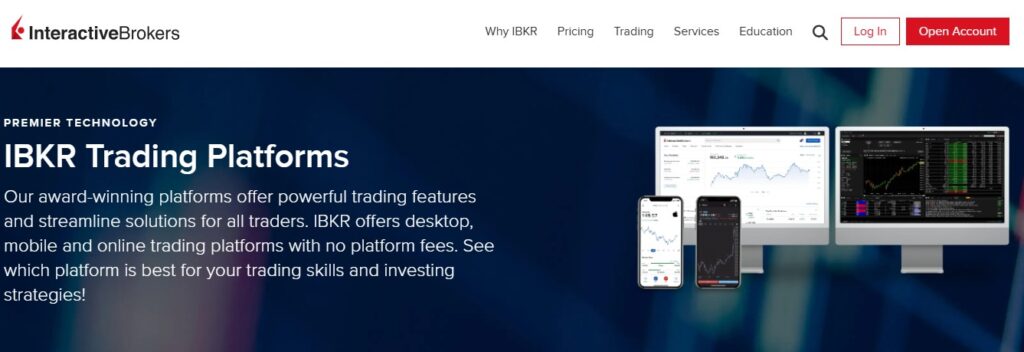
Pros:
- $0 commissions on US-listed stocks and ETFs (IBKR Lite)
- Access to 135+ markets worldwide
- Lowest margin rates
- Advanced tools and APIs for automation
Cons:
- Platform has a learning curve
IBKR offers one of the most robust trading platforms in the world. Its discount pricing and margin rates attract high-frequency and international traders.
Key Factors When Choosing a Discount Broker
Here’s what to consider before opening a brokerage account:
1. Commissions & Fees
- Look for zero-commission trading on stocks and ETFs
- Compare options contract fees (typically $0.50–$0.65)
2. Platform Usability
- Web vs. desktop vs. mobile usability
- Charting and research tools
- Order types and customization
3. Asset Access
- Does the broker offer crypto, options, mutual funds?
- Can you trade fractional shares?
4. Margin Rates
- If you plan to use leverage, compare margin interest rates
5. Support & Education
- Availability of live chat or phone support
- Quality of beginner and advanced learning content
Commission & Margin Rate Comparison
| Broker | Stock/ETF Fee | Options Fee (per contract) | Margin Rate (Approx.) |
| Robinhood | $0 | $0 (with Gold) | ~12% |
| Webull | $0 | $0.55 | ~9.49% |
| Charles Schwab | $0 | $0.65 | ~13.58% |
| TD Ameritrade | $0 | $0.65 | ~13.5% |
| Fidelity | $0 | $0.65 | ~12.075% |
| Interactive Brokers | $0 (Lite) | $0.65 | ~6.83% |
Prop Trading: An Alternative for Capital-Limited Traders
Discount brokers are great for low-cost trading—but what if you don’t have capital to start trading in the first place?
Many traders are also exploring funded trading accounts through TradeThePool in 2025 — these prop trading firm programs fund traders, so you can trade with no deposit trading.
What is TradeThePool?
TradeThePool is a proprietary trading firm that funds traders who pass a short evaluation. Instead of risking your own money, you trade the firm’s capital and share in the profits.
Why TradeThePool Is Gaining Popularity:
- No large deposit needed when trading with a prop firm
- Up to $260,000 in funded capital
- Daily risk rules for disciplined trading
- Remote, performance-based opportunities
Prop firms help you get funded to trade remotely, and are increasingly becoming the go-to choice for skilled traders with limited personal funds. Learn more at TradeThePool review.
FAQ: Best Discount Brokers in the US
1. What is the cheapest broker to trade stocks in the USA?
Robinhood, Webull, and Fidelity all offer $0 commission stock trading.
2. Are discount brokers safe?
Yes. Reputable discount brokers are regulated by FINRA and the SEC.
3. Can I start trading with no money?
Yes. Many brokers have no minimum, or you can use a prop firm like TradeThePool.
4. Which broker is best for day trading?
Webull and Interactive Brokers are excellent for active day traders.
5. Do discount brokers offer retirement accounts?
Yes. Schwab, TD Ameritrade, and Fidelity all offer IRA options.
6. Are there hidden fees with discount brokers?
Most are transparent, but always check for margin interest, inactivity fees, and other charges.
7. Can I trade options with a discount broker?
Yes. All major discount brokers offer options trading at competitive rates.
8. What’s the difference between full-service and discount brokers?
Full-service brokers offer personalized advice; discount brokers offer self-directed trading at lower cost.
Final Thoughts
Discount brokers in the US have transformed the way retail traders and investors access the markets. With low fees, powerful tools, and flexible platforms, anyone can start trading without high costs.
Want to start trading without using your own money? Explore the top-rated funded trading accounts and prop trading firm options at TradeThePool.
